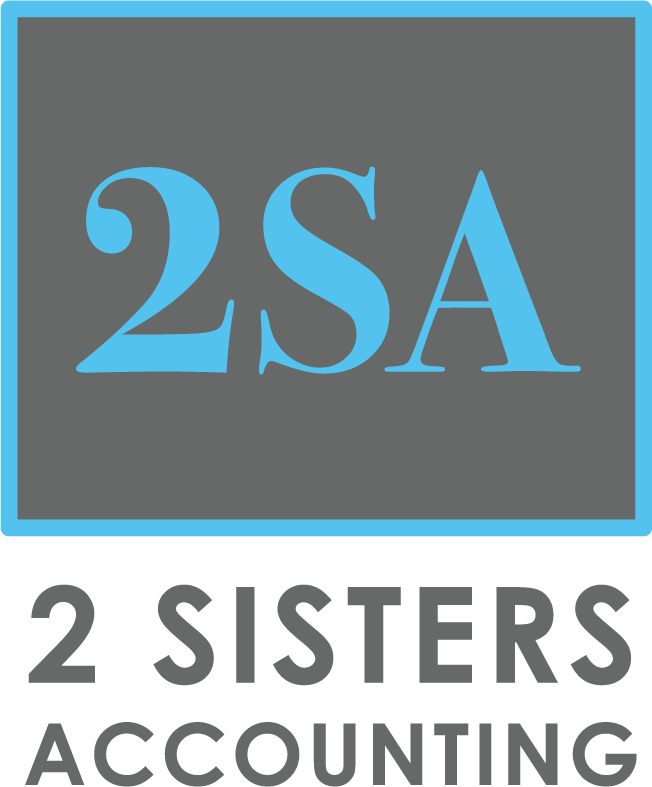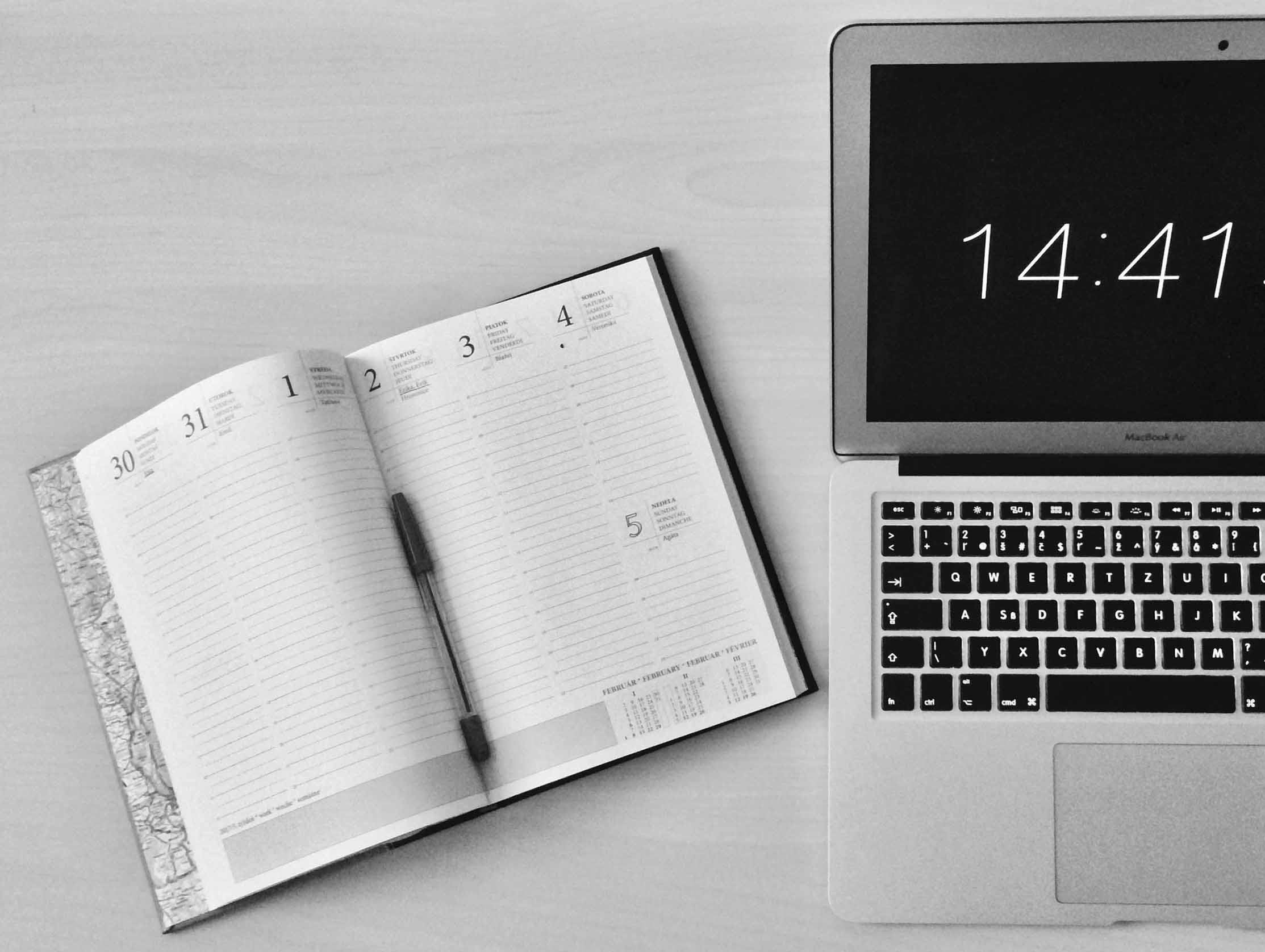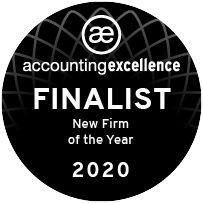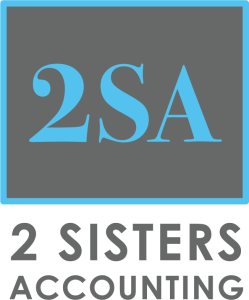Fixed assets and depreciation sounds like made up accounting talk. And short version, its because it is. However, hopefully we can make it a bit easier to understand!
Fixed assets are things that you will use for longer than a year in your business to generate income. The money that you spend on these assets is different from your everyday running costs and they are treated differently for both tax and accounting purposes. Every day running costs, or operating costs, are things like office rent, petrol, stationary. Purchases such as a van that you use for deliveries or transporting tools that you will use for many years will count as capital expenditure and be classified as a Fixed Asset. Other examples could include coffee machines or other kitchen equipment, or expensive software you use for graphic design.
For something to be accounted for as a Fixed Asset it needs to be for long term use and not be planned to be readily converted in to cash. Often businesses will set a monetary amount for what items count as Fixed Assets, this will depend on the size of the business. For example for a small business anything under £500 may be counted as operating costs and charged in the period, but for larger businesses they may increase that to anything under £1,000.
When you have purchased a Fixed Asset, rather than the cost going straight to your profit or loss, the cost is initially taken to the balance sheet and so will not have an immediate impact on your profit in the period the asset is purchased.
What is Depreciation?
Since Fixed Assets will be used for a number of years by your business it would not be correct to take the whole cost of the asset in the period that it is purchased. Instead we have to match off the income that an item generates with the cost of the item as the assets value is used up. This process is called depreciation where a bit of the assets value is taken against your profit in each period that the item is used, this reduces the value that is held on your balance sheet for the asset.
Depreciation does not mean any actual money is being moved, it is a measure of the cost to the company of the asset in the period.
How do you calculate depreciation?
There are two main ways to calculate depreciation, Straight Line depreciation and Reducing Balance Depreciation.
Straight line depreciation spreads the total value of the asset over its estimated life, this is the most common form of depreciation. Straight line depreciation is calculated by estimating the expected life of an asset and spreading the cost of the asset over that period. For example you buy a van for £12,000, and you expect to use the van for eight years. The depreciation charge each year would be £12,000 divided by 8, so you would reduce the net book value of the asset by £1,500 a year. The net book value of an asset is the purchase price minus the depreciation charged to date.
Businesses will generally set a standard estimated life for each type of asset. For example computer equipment will be spread over three years and motor vehicles over eight years. This makes it easier to manage your depreciation calculations than if you were using a different number of years for every asset in your business.
Reducing balance depreciation is used for assets that bring more value to the business when they are new. For example a moulding machine may see a decrease in the quality of its production as it wears and requires more servicing as it ages. For reducing balance depreciation a percent of the value of the asset is deducted from the value each period. For example if you had an machine worth £10,000 and applied a depreciation rate of 10% the depreciation charge in the first year would be £1,000, leaving an net book value of £9,000. The next year depreciation would be £900, leaving an asset of £8,100, and so on.
What is a Fixed Asset Register?
A Fixed Asset Register is where you document the Fixed Assets that you have bought. The register will be split in to different categories, for example motor vehicles, computer equipment, office fixtures and fittings. In the asset register you need to document what the item is, the date that you purchased it and the amount you paid for it. This is a very important document when it comes to preparing your annual accounts and tax return.
You can also use the Fixed Asset Register to calculate your depreciation charge. If you maintain the register in excel you can add the useful life of the asset and calculate the depreciation charge per period and the remaining net book value of an asset. There is also software available to help you manage your Fixed Assets and depreciation calculations.
If you have a lot of Fixed Assets it is worth speaking to an accountant or bookkeeper to ensure that you are tracking them correctly. Just book in a call if you want to talk about how you manage your Fixed Assets.
Depreciation and tax
Depreciation is not an allowable expense when it comes to tax. Therefore any depreciation charged in the year needs to be added back to your profit, increasing the amount of profit you have to pay tax on. Instead you can claim capital allowances which reduce the tax bill. One of the capital allowances is the Annual Investment Allowance. This means that if your business buys new assets up to £500,000 your business can deduct the cost of these assets when you are calculating your taxable profit, this allowance does not apply to cars or items that you are bringing in to the business from elsewhere but haven’t actually bought.
The other kind of capital allowance is known as a Writing Down Allowance, items are split in to pools based on the kind of asset and then an 18% allowance of the value of each pool can be deducted from your taxable profit. The value of the pool will reduce by the amount of the deduction each year. These pools need to be kept track of to ensure you are deducting the correct amount each tax year.
The rules around depreciation, capital allowances and tax can get complicated so please reach out to us at 2 Sisters Accounting if you are unsure on how to handle these in your business.
Simple right?!
